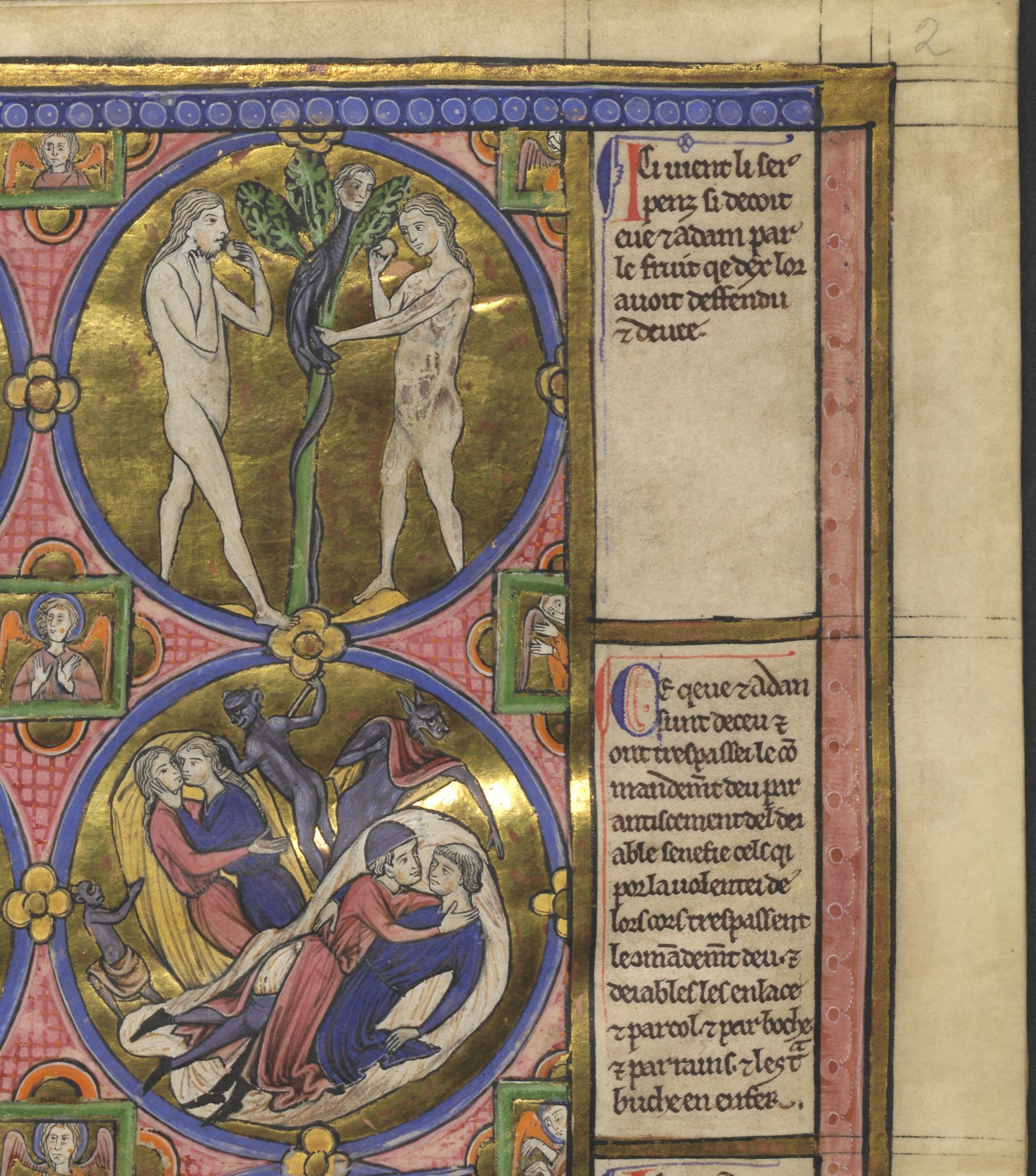
WEIGHT: 62 kg
Breast: C
1 HOUR:40$
NIGHT: +60$
Services: BDSM, Food Sex, 'A' Levels, Slave, Smoking (Fetish)

At Christmastime, many people take out their Nativity sets, showing Jesus in a stable surrounded by Mary, Joseph, shepherds, animals, and the three Magi. But what might be wrong with this scene? Broadly speaking, nothing at all. However, at least one of those elements — the idea of three Magi specifically — is not in the Bible.
This example illustrates a common theme in Christian debate: how much of Christian tradition and belief is explicitly mentioned in its holy book? Surprisingly, many of Christianity's more popular conceptions and practices are not in the Bible at all. Mary Magdalene is not depicted as a prostitute, Satan isn't equated to Lucifer , nor is the Catholic dogma of the Immaculate Conception directly referred to. In fact, many teachings are inferred from bringing together multiple verses in conjunction with tradition — even if the Bible does not name them directly.

Here are some examples of things that are commonly held to be in the Bible, but do not don't actually appear in it. Satan, the angel who was cast out of heaven after rebelling against God, is popularly referred to as "Lucifer. Strangely enough, despite such widespread use, there is no direct biblical basis for the association. The passage used to support the equation is Isaiah The King James translation, which is at the heart of the confusion due to its explicit use of the name Lucifer, reads, "How art thou fallen from heaven, O Lucifer, son of the morning!
I beheld Satan as lightning fall from heaven. The association with Lucifer was figurative, comparing the king of Babylon's pride and wickedness to that of the devil. But it was never seen as a one-to-one correspondence. The Protestant reformers generally agreed, noting that the association was based on ignorance, not the biblical text itself.

After all, if Lucifer were Satan, Jesus probably would not have referred to himself as the morning star in Revelation The Immaculate Conception is a Catholic dogma, which, contrary to popular belief, refers not to Jesus' conception, but to the Virgin Mary's. In a nutshell, it holds that the Virgin Mary, although conceived through normal intercourse, was shielded from original sin. Catholics are required to believe in dogmas, so one would expect an explicit reference in the New Testament to back up the Immaculate Conception.




































